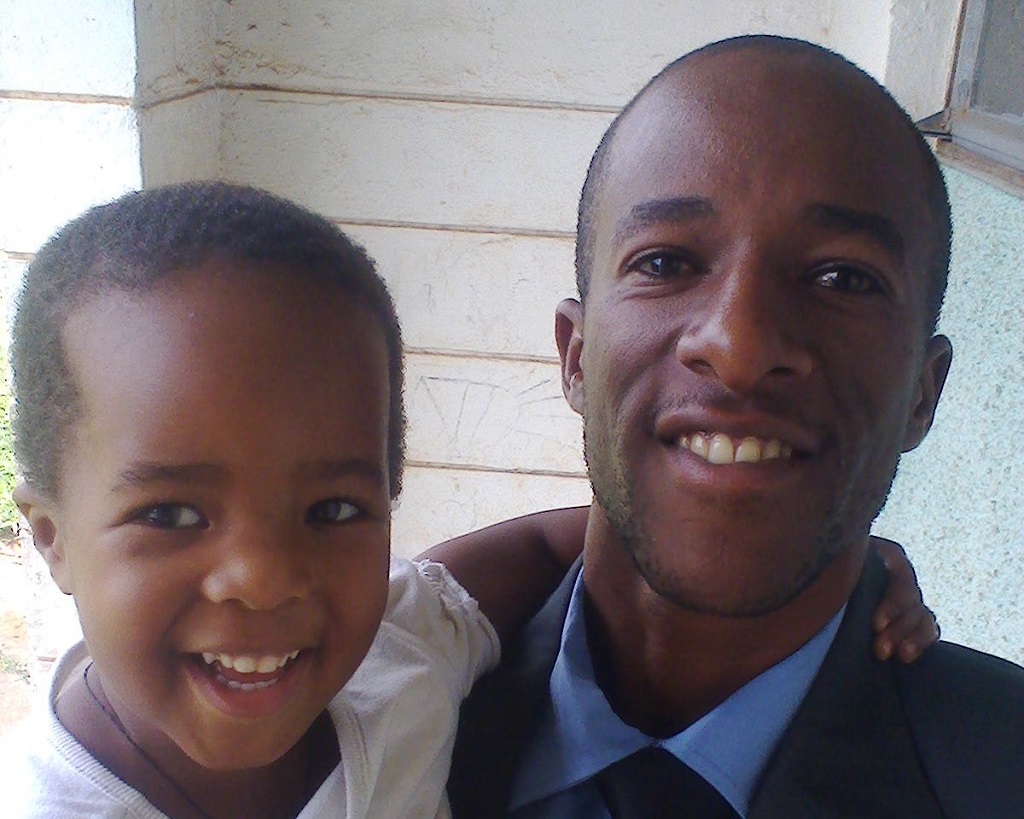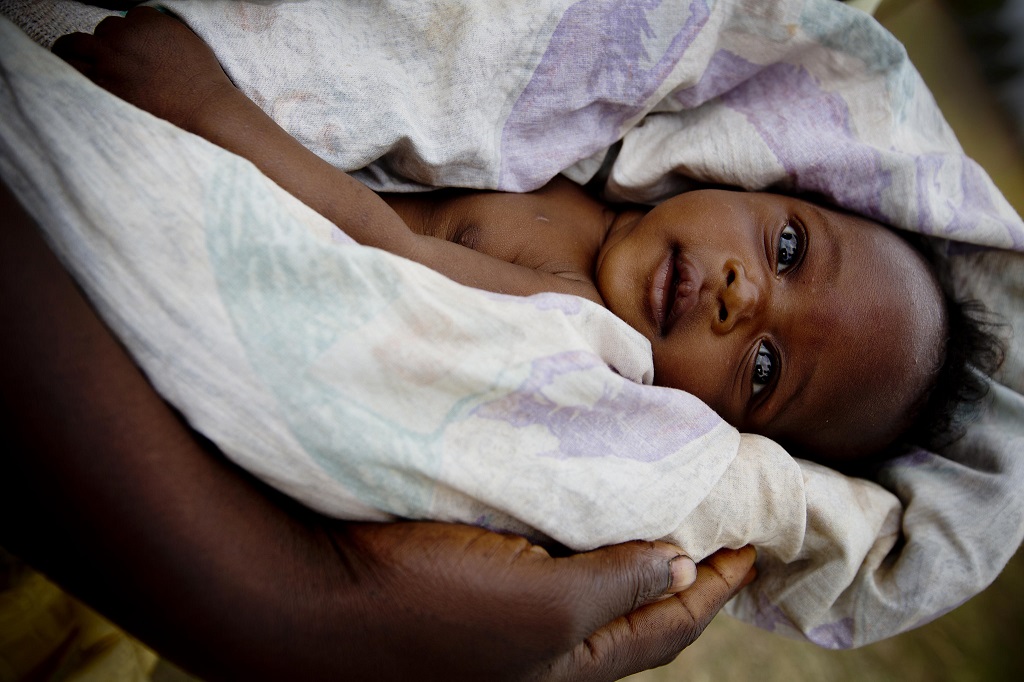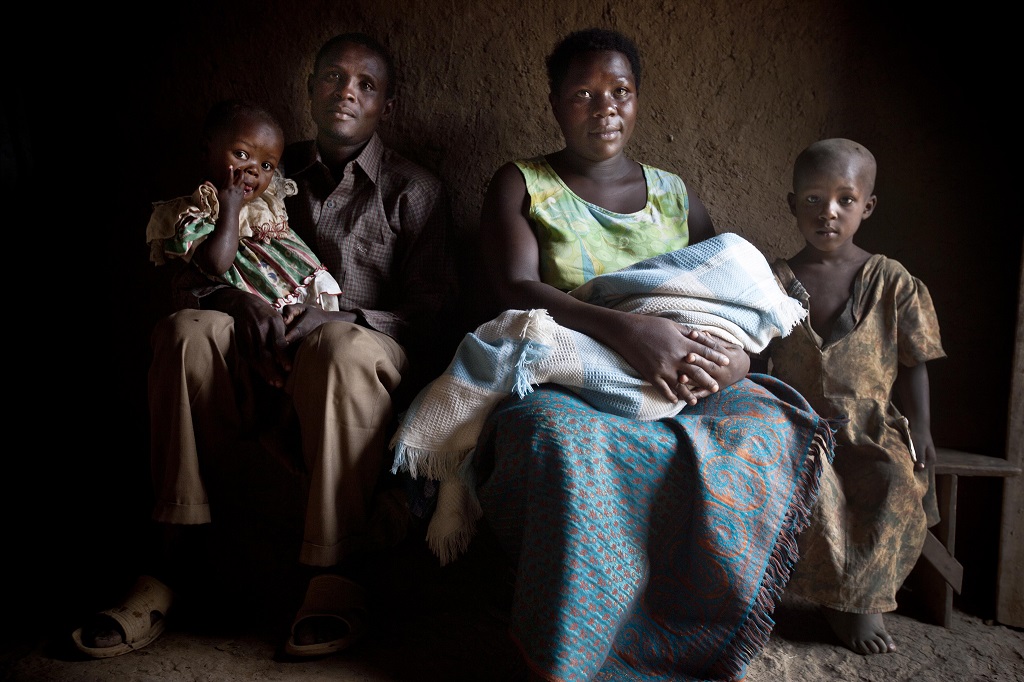“I feel our men need to be sensitized more,” says Kenneth Ayebazibwe.
I’m speaking to him at the health facility Lubaare HC Level IV, where he works as Assistant In-charge. Kenneth is also a frontline health worker and a father himself – of three children ages eight, six and three.
It’s a bright afternoon and I’d been in the middle of a brainstorming session with health workers from various health facilities. We’re trying to understand the challenges affecting uptake of routine immunization sessions in Ntungamo District when: Pop! The issue and impact of low male involvement raises its head once again.
How has Kenneth participated in his family’s health? I wonder. And what does he think can be done to increase men’s participation in the health activities of their families?
All of his children completed their immunization schedule from Itojo Hospital in Ntungamo District, he tells me, a process made smoother by the fact that he is a health worker himself. This enabled him to more easily follow through on return dates and constantly remind and support his wife to visit the hospital for all the necessary vaccines – both during pregnancy and for their children.
Explaining to his wife what diseases each vaccine prevents, he says, helped her appreciate their importance. And during the recent mass measles campaign, Kenneth personally took his children for their immunizations.

“I feel more like a father, and my relationship with my wife and children has increased just because of my active participation in their health affairs,” he says. “My wife trusts and loves me more.”
After several visits to Itojo Hospital, he notes that he and his family are now given priority. However, this is not the case when his wife goes alone and she must wait in long lines.
“I have come to learn that it is not good for men to leave all the work related to their family and children to the ladies alone. It’s high time we realized that women do not come to our homes to work for us,” he says. “We should be sharing responsibilities for life to move on smoothly. Gone are the days when all family health affairs were left to women alone.”
Another plus of men accompanying their families to the hospital? They’re exposed to health information delivered as clients wait for services, Kenneth points out. During these sessions, men learn about vaccine-preventable diseases and when their children should return for follow up doses.
While some men merely say they’re too busy to be involved but are actually in “pursuit of fun,” many more would be involved if changes were made, he thinks. Reducing waiting times at health facilities and during outreach activities, for instance, might attract more men to escort their wives and children.
“I think one of the issues that stands out most for men is their preference to concentrate on other activities perceived to be more profitable, like business,” he says, “rather than spending hours at the health center.”

Reaching men—at churches and mosques, and via radio talk shows—with sensitized messages stressing the importance of their involvement could also go a long way toward increasing their participation. In addition, religious and political leaders should be informed of ways to get these messages to the masses, he suggests.
Last month, MCSP in Uganda began planning for implementation of activities within Ntungamo District. As we brainstorm the root causes of poor access to routine immunization services, Kenneth’s ideas will be included alongside other practical, innovative ways we aim to enhance male involvement.
This Father’s Day, we thank Kenneth and all fathers who play an active role in the health of their families. While the impacts of paternal care are often overlooked, fathers actually play a crucial role in improving child health.
As men increasingly take on caregiving roles in their households—providing emotional support and performing domestic chores in addition to their traditional role of providing financially—we are seeing that paternal care in a child’s first year of life has a strong influence on developmental and health outcomes.

